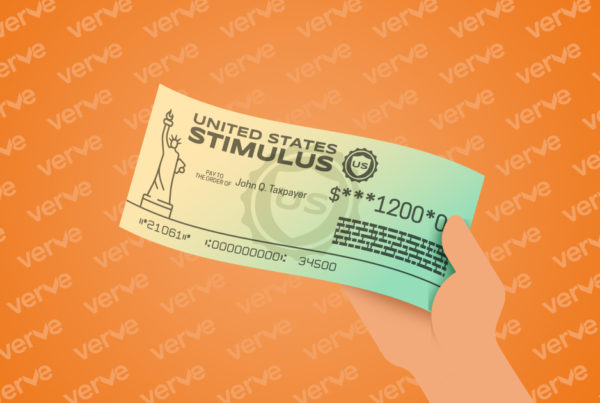Fall is one of our favorite times of the year with exciting football games, colorful leaves, delicious caramel apples, pumpkin spice everything and snuggling up with a good book and warm sweatshirt. Fall is also when fraudsters roll out new and sneakier ways of trying to get your money. Learn how to spot common scams and keep your info safe.
The Scams
Medicare Hoaxes
With fall comes Medicare open enrollment (October 15-December 7), and along with it a host of fraudsters trying to steal your identity by asking you to verify your Social Security number, or in some cases, asking for payment for past-due medical bills. Medicare will not call you (or stop by without warning) to ask for personal information—such as your Medicare or Social Security numbers.
Costly Winter Weather Warnings
Snow is coming. There, we said it. While the cool fall weather will turn to frigid winter before we know it, don’t let fraudsters try to scare you with warnings of an extra cold winter ahead. This time of year, fraudsters posing as home improvement companies try to persuade you to make costly home repairs to prepare for winter, or gas and electric company imposters claim that your utilities will be shut off due to unpaid bills. While your utilities CAN get shut off due to unpaid bills, your provider will make several attempts to notify you, but it is very unlikely that they will send a company representative to collect payment in person.
Not-so-Sound Investment Opportunities
As we round out the year, many people take a closer look at their investments as well as year-end tax breaks. It’s also the time of year when free “educational” investment workshops start popping up. Oftentimes these workshops are really a sales pitch for fake investment opportunities promising too-good-to-be-true results.
Charity Frauds
The holiday season is also prime time for charity fraud, and with everything from storm relief to feeding hungry children or supporting veterans, the scams range from phone calls to fake celebrity social media accounts asking for donations to non-existent charities. Unless you dialed the phone to make a donation or went online directly to the organization you’d like to support, don’t provide your credit card number.
What you can do
If you receive an unexpected phone call, email or visit from someone claiming to represent Medicare, a home improvement company or even a utility provider, the best thing you can do is wait to take any action until you’ve done some homework. Ask for details like company and representative name, what their official business is, etc. Then look up the company online or in the phone book to verify what they’ve told you. If it is a not a legitimate offer or official business, you will at least have the information you need to file a fraud report.
How Verve can help
We’re always watching for scams and will take immediate action if we catch fraudulent activity. If you think you have been a victim of a scam, call us at 800.448.9228, and a team member can help you address any concerns.
It’s Verve’s goal—in line with our seven guiding Cooperative Principles—to provide education, training and information to help our members avoid financial scams and stay financially fit. Verve is committed to keeping our members educated when it comes to their finances by providing details on recent scams and ways to stay safe. Help keep your family and friends safe online by sharing this information on common fall scams.






 Federally Insured by NCUA |
Federally Insured by NCUA |  Equal Housing Opportunity |
Equal Housing Opportunity |